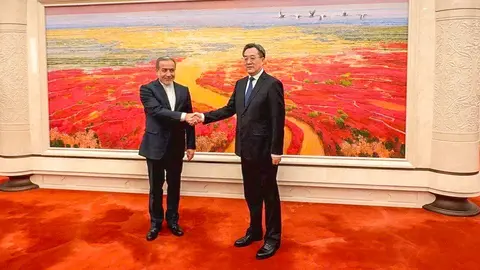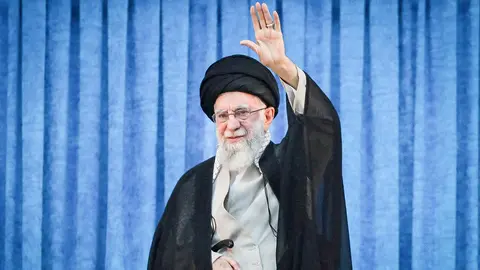Iran resumes talks with Europe over its nuclear programme
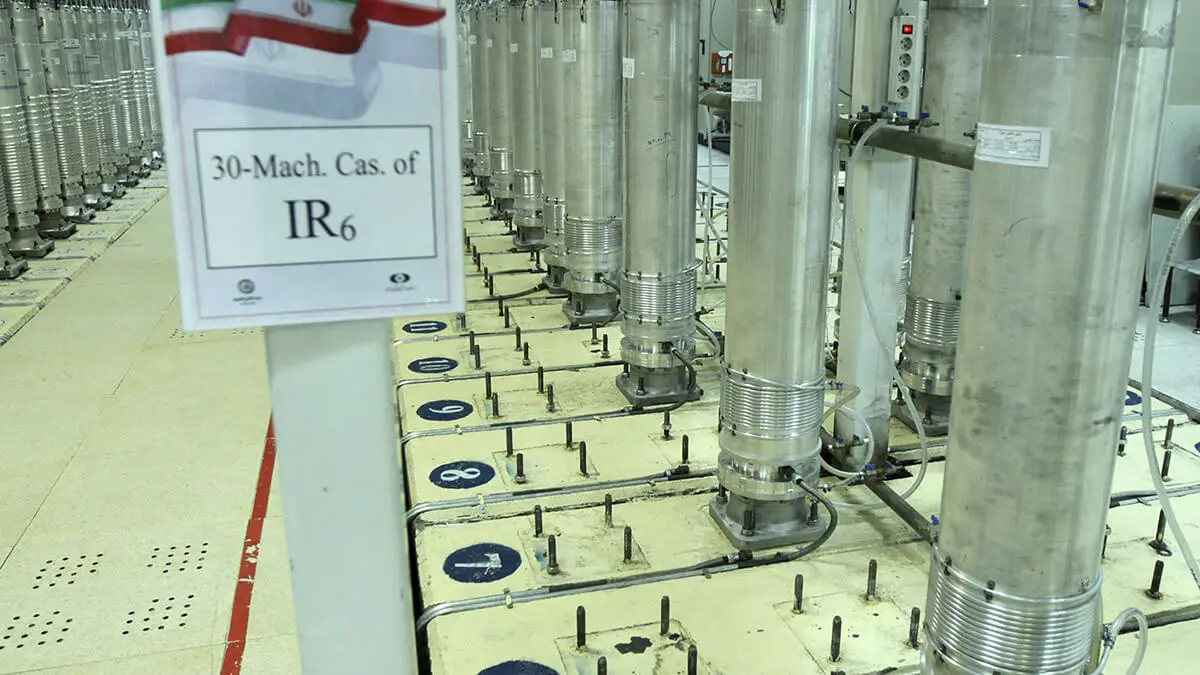
Iran has agreed to resume talks with the United Kingdom, Germany and France (the E3) on its nuclear plan. The first meeting will be held in Istanbul, Turkey, one month after the war against Israel and the United States, dubbed ‘The 12-day war’ by US President Donald Trump.
But first, it will meet with China and Russia: ‘We will have a trilateral consultation with Russia and China (...) at the director-general level to discuss the nuclear issue,’ said Iranian Foreign Ministry spokesman Esmaeil Baghaei.
Tehran is also willing to negotiate with the United States and has even shown itself willing to allow its facilities to be inspected by the International Atomic Energy Agency (IAEA), although the Iranian Parliament recently passed a law to submit to its decision the decision to give the green light to IAEA inspectors to monitor its nuclear facilities. But it defends its right to enrich uranium.
‘If the goal is to ensure that Iran never has nuclear weapons, it is achievable. But if it is to deprive Iran of its rights, including the right to enrichment, we have difficulties,’ argued Abbas Araqchi, Iranian Minister of Foreign Affairs.
The foreign ministers of the E3 and the European Union had warned their Iranian counterpart that if there is no agreement on its nuclear plan by the end of August, they will resort to the ‘snapback’. In other words, they will reactivate international sanctions against Iran if there is no nuclear deal with Tehran by the end of the summer.
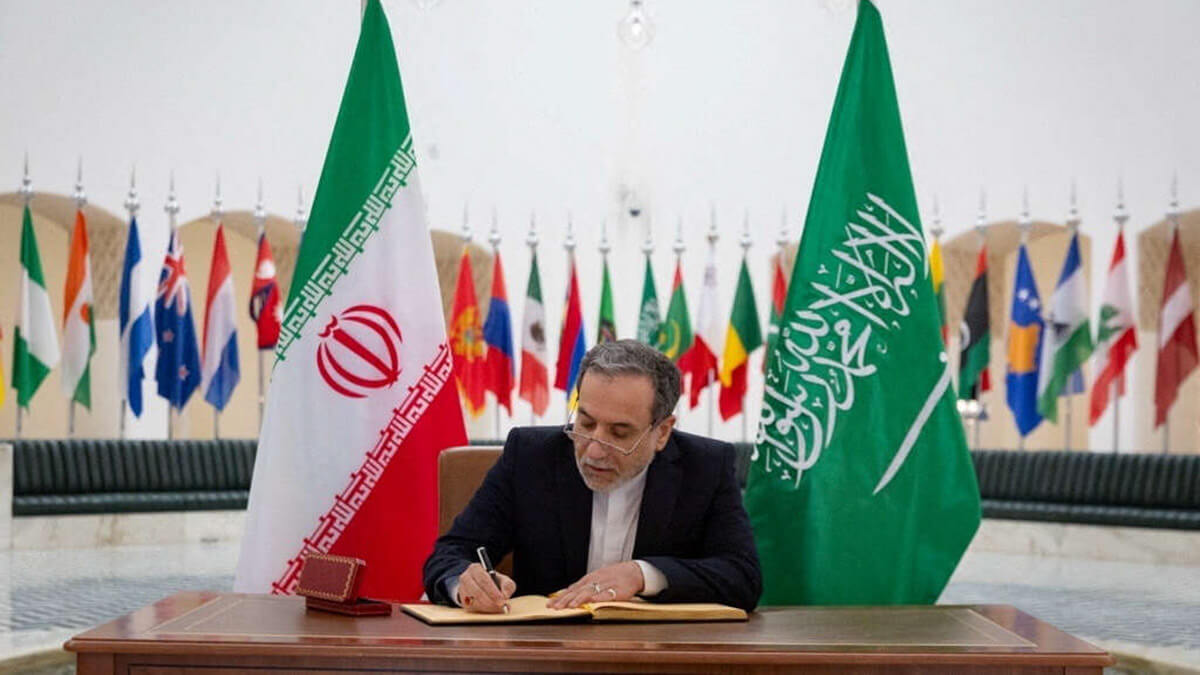
Iran is part of the 2015 Joint Comprehensive Plan of Action (JCPOA) alongside China, Russia, France, the United Kingdom, Germany and the European Union, under which an agreement was reached to control Iran's nuclear programme to ensure that it was for civilian use only in exchange for financial and commercial concessions. The plan includes a clause allowing the UN to impose sanctions if the requirements are not met.
Both Western countries and Israel suspect that the Central Asian country intends to produce an atomic bomb, a fact that Iran denies, claiming that its nuclear activities are for civilian purposes only.
Araqchi called on Germany, the United Kingdom and France not to reactivate those sanctions, arguing that ‘it would have no moral or legal basis’ and that they should abandon their policies of threats and pressure.
And this week, Esmaeil Baghaei announced on IRIB television that ‘Iran has agreed to hold a new round of talks’ with the three European nations. However, these meetings are separate from those they have had with the United States.
Also attending will be the deputy foreign minister for legal and international affairs, Kazem Gharibabadi, and the deputy for political affairs, Majid Takht Ravanchi, on behalf of Tehran.
Araqchi began by recalling that it was the United States that withdrew from the JCPOA in 2018 and that it was also the United States that abandoned the negotiating table in June. ‘It chose the military option, not Iran,’ he said on his social media account, referring to the US offensive on 22 June.
The United States decided to abandon the PAIC due to Iran's failure to comply with the nuclear pact, which led to sanctions against the Ayatollah regime, mainly related to oil trade, Iran's main source of financing. In response to these sanctions, the Islamic Republic responded with belligerent actions in the Strait of Hormuz, the main passageway for international oil trade. This situation led to a significant escalation of tension in the Middle East.
‘Any new round of talks is only possible when the other side is ready for a fair, balanced and mutually beneficial nuclear agreement,’ Iranian Minister Araqchi explained at the time.
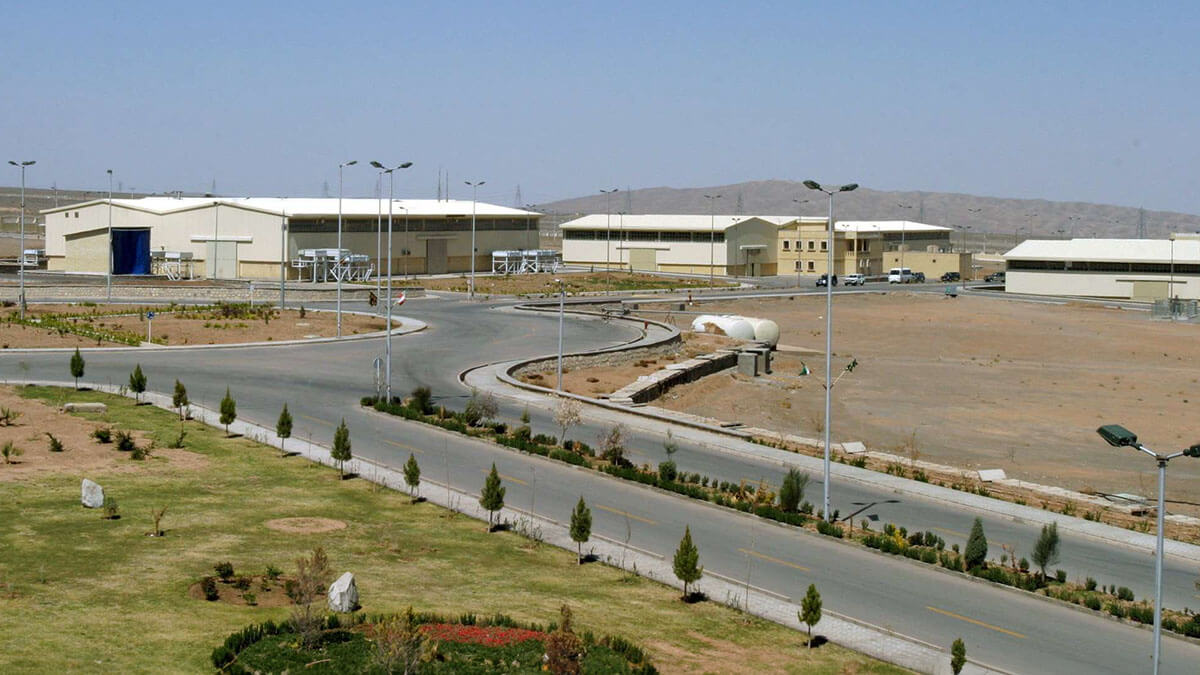
He defended himself by saying that the nation had exhausted all mechanisms to resolve any dispute in the agreement in accordance with Article 36. He even accused the E3 of failing to fulfil its commitments.
Similarly, the Iranian Parliament had said that before any negotiations with the United States, ‘preconditions’ for talks must be established, although such contacts between Iranian Minister Abbas Araqchi and his US counterpart Steve Witkoff have been suspended since 15 June due to the conflict with Israel.
At the time, Iranian Foreign Ministry spokesman Esmaeil Baghaei had denounced that the United States had committed ‘a flagrant violation of international law during a diplomatic process.’ This was because the nuclear facilities in Isfahan and Natanz, as well as the underground uranium centres in Fordow and south of Tehran, were bombed in the 22 June offensive.
Now, Araqchi has a message for the United States: ‘Let's find a solution to Iran's nuclear programme. We already did so in 2015.’
China, for its part, has announced through its Ministry of Foreign Affairs that it will endeavour to ‘urge the parties concerned to resume dialogue’ and that measures that are legitimate for all parties be adopted.
The meeting with the E3 deputy ministers will be held on 25 July, while the United States prefers not to hold direct talks.

